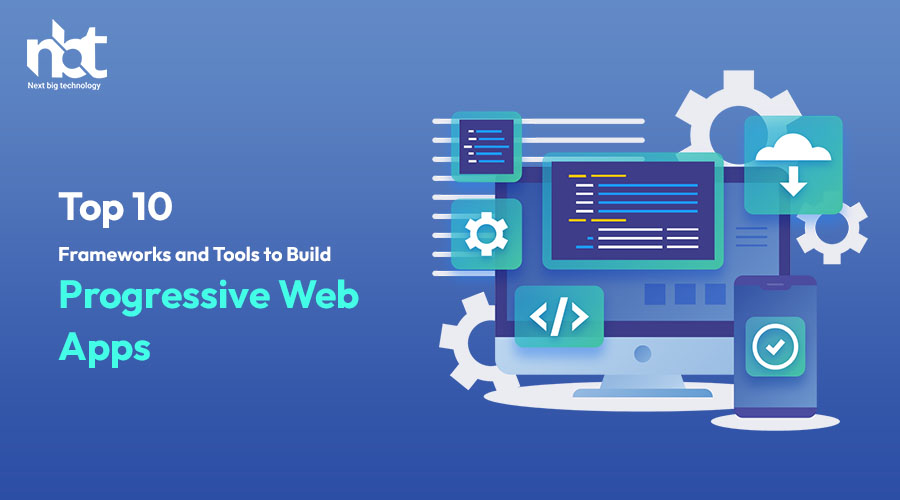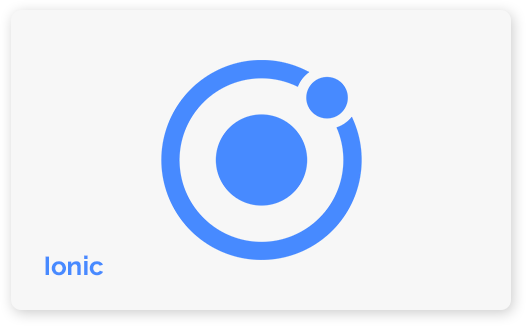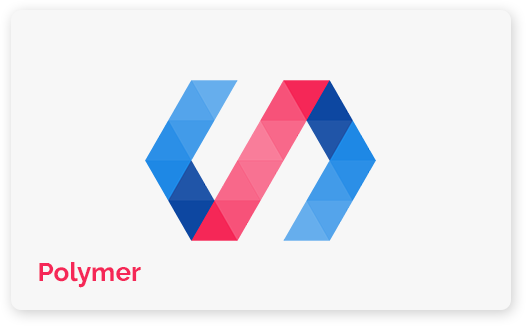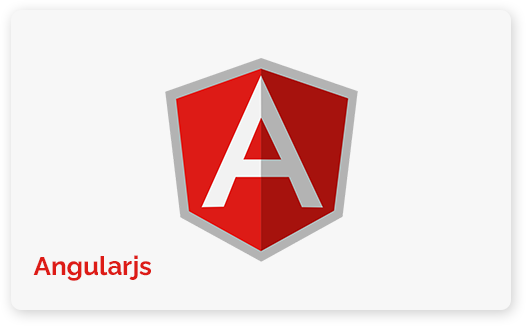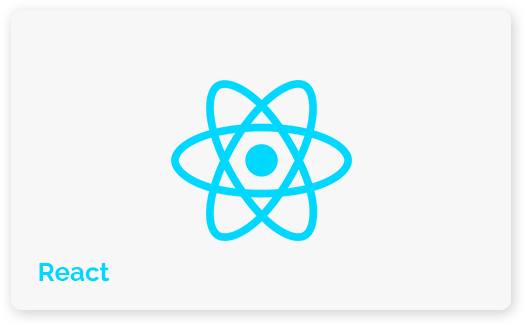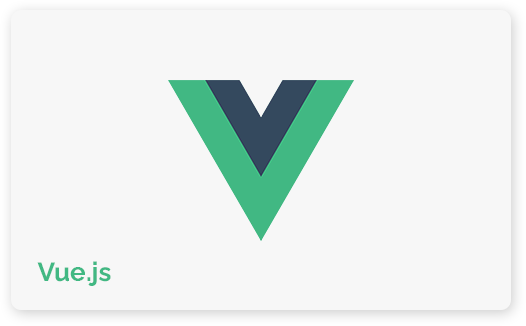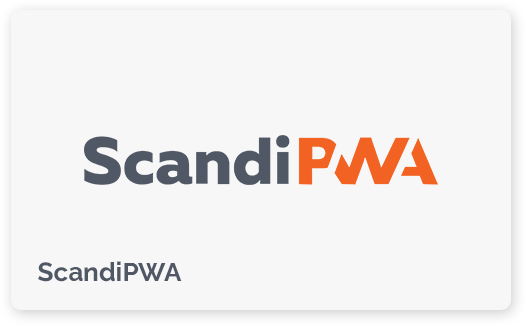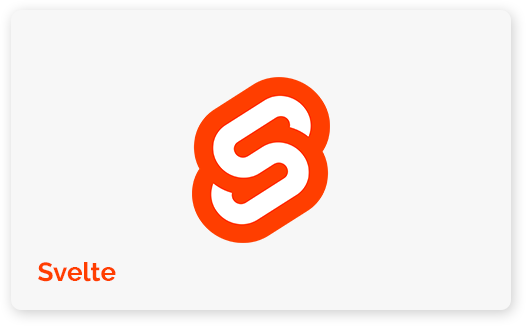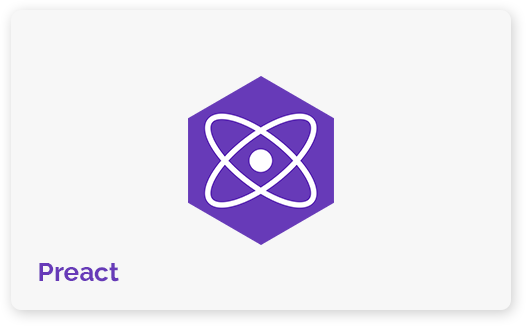Many people are discovering the convenience of surfing the web without being confined to a computer as mobile phones gain a strong foothold in their lives. Users expect lightning-fast loading and frictionless browsing on their devices, no matter what brand, size, or capacity they have. Global e-commerce brands may find a mobile application viable, but other rank-and-file businesses need to figure it out themselves. With the current pace of adoption, newcomers like you might find it difficult to find a solid base to build your Progressive Web App on. You have a lot of options out there when it comes to PWA frameworks, and each one has its own unique perks. Thus, we are providing you with a comprehensive list of the best PWA framework to simplify the whole framework selection process for you. We are listing Top 10 PWA Tools and PWA Frameworks here to give you enough details.
Table of Contents
Top 10 PWA Tools and PWA Frameworks
-
Ionic
Ionic is an incredible open-source SDK that is based on the revolutionary Angular and Apache Cordova Progressive Web App frameworks! Created in 2013, Ionic has been used to develop an astounding five million hybrid apps to date – which is a testament to the sheer power and versatility it offers. It’s no surprise that Ionic is such a popular choice for PWA development. It boasts an extensive library of components for both iOS and Android, allowing developers to easily build web pages running inside the device browser – all thanks to WebView. So, whether you’re a beginner or a veteran developer, Ionic has got you covered!
FEATURES:
- Its traditional layout and interface results in low maintenance cost.
- It is an open-source framework that results in low development costs.
- It allows access to its extensive library of plugins for accessing APIs without coding.
- It requires constant updates in the web application.
- It is easy to use and maintain.
Also Read : How to Convert Existing Website into a PWA?
-
Polymer
Google has developed Polymer which is an open-source web app framework comprising a range of templates, PWA tools, and web components. To make itself independent, it uses HTML, JS, and JSS. Further, it supports multiple browsers on which its tools and components can be used easily making it highly effective and accessible.
FEATURES:
- It has easy-to-understand APIs.
- It lacks Office IDE.
- It has great documentation simplifying the implementation process.
- It enables responsive layouts and routing.
- It includes a wide range of base components across browsers.
Also Read : PWA for eCommerce: How is PWA Useful to eCommerce Platforms?
Angular is a fantastic framework to work with after you get beyond its initially difficult learning curve. Each Angular element is completely interoperable with projects created using other frameworks, making it completely modular in nature. Angular is designed to save you the bother of dealing with boring, repeated activities, which makes the entire building process much simpler. Angular’s special compilation technique, Ahead of Time (AOT), which speeds up application rendering by transforming Angular HTML and TypeScript code into effective JavaScript code before the browser downloads and runs the app, is another significant advantage for Progressive Web Apps created with Angular.
FEATURES:
- It has clearly defined methodologies.
- It is easy to implement.
- It has a widespread community of developers.
- It has a short learning curve for the framework.
- Its codes are maintained by Google which ensures smooth operations.
- It is more complicated to use as compared to other PWA apps.
Also Read : 5 Compelling Reasons to Choose Angular for App Development
React’s vast and regularly updated JavaScript library is one of the reasons it is so well-liked among developers. This progressive web app development framework allows you to create both single-page and multi-page apps while ensuring that all content loads and is updated on a single page. By utilizing JSX to render a connection function in an HTML structure, you may create a React PWA solution. Reactjs is most popular framework in our list of Top 10 PWA Tools and PWA Frameworks.
FEATURES:
- It has a large community support.
- It has simple syntaxes and involves a lot of HTML writing skills.
- It provides more scalability and flexibility in development.
- It is an open-source framework in which contributions are made by a huge community.
- It has an extensive ecosystem.
- It gives speedy rendering with Virtual DOM.
- It supports unidirectional data binding making it less prone to errors.
- It allows separating UI into several components using the reusable settings.
Also Read : Why you should select ReactJS for your next Frontend Development?
React and VueJS share a lot of similarities in terms of their core architecture, both utilizing Virtual DOM for an optimized representation of the actual DOM. While React opts for a more advanced approach through Its primary use of JavaScript, Vue takes advantage of already existing web technologies such as HTML and CSS. This is what also makes it easier for frontend novices to learn Vue and develop PWA, resulting in a less steep learning curve when compared to React.
FEATURES:
- It has improvised CSS and HTML.
- It is supported by Laravel and Alibaba.
- It is a simple and flexible system for coding.
- It has decent documentation.
- It can be combined with JSX and Typescript.
- Its development team is small.
Also Read : Top Reasons Why Vue.js Is Becoming the Most Trending JS-based Framework
-
Magento PWA Studio
A broad selection of tools is available through Magento PWA Studio for developing, deploying, and maintaining PWAs built on Magento 2.3 and above. It provides cutting-edge libraries and tools for building speedy, lightweight, and device-independent apps. A variety of already-built site features are available for you to choose from, or you can modify them to suit your needs. Even prebuilt pieces can be modified to meet the needs of the developer or the client.
FEATURES:
- It saves time as well as effort by using Magento’s existing infrastructure.
- It is easy to keep your app up to date.
- It has good SEO support.
- It allows background synchronization.
Also Read : Why Your Business Should Implement Magento PWA? Reasons Highlighted
ScandiPWA is an open-source PWA theme framework for Magento. Anyone can easily add all PWA-provided advantages to an already-existing Magento store using ScandiPWA. Utilize PWA features like lightning-fast surfing, offline mode, push notifications, the ability to save an app to the home screen, the ability to connect a Magento store to Google Play and the App Store, and other fantastic features without changing your Magento backend!
FEATURES:
- It provides a complete set of tools for managing PWA.
- It saves time as well as effort by using Magento’s existing infrastructure.
- It is easy to keep your app up to date.
- It has a great community of developers.
Also Read : When to Choose Progressive Web App (PWA) Over a Mobile App?
The simplicity of usage is Svelte’s area of expertise. Svelte is a good set of tools for designers that lack development skills because of its drag-and-drop interface. Having said that, my team doesn’t frequently employ Svelte. Other platforms, like Angular, provide a much richer set of features, but in order to create solutions with them, you need to be familiar with TypeScript. Svelte offers quicker loading, parsing, and execution with leaner code and a smaller bundle size because it is a compiler. It permits the use of different CSS frameworks and plain CSS.
FEATURES:
- It has simple and easy-to-understand syntaxes.
- It provides small code bundles.
- It is a truly reactive framework.
- It has less-developed documentation.
- It lacks TypeScript support.
Also Read : Ecommerce PWAs and How Brands Benefit from a Progressive Frontend
The Preact framework is an ideal alternative to React for Progressive Web App development as it is lightweight, fast, and satisfies most of your needs as a replacement for React. It is so great that it is well-recommended in the PWA community because it is fully compatible with React, and it is as simple as implementing a compatibility layer preact-compat to your existing code to convert from React to Preact. It is an excellent selection for those looking for an app with high performance, fast speed, and small size. It is mainly used for the development of progressive web apps and Uber took advantage of this by switching to Preact in their production.
FEATURES:
- It is a high-performance lightweight app that renders quick services.
- It is highly compatible with React.
- It has a well-documented large ecosystem.
- It has a large community with many contributors.
- It has a simple learning curve.
- It allows the usage of React libraries to write ReactDOM code.
-
Lighthouse
With Google Lighthouse, developers can optimize their web projects’ performance and accessibility. It is absolutely free to use, and it allows one to measure how their website fares against Google’s stringent guidelines. The tool can be launched from within Google Chrome or installed as a Node.js module. It evaluates web pages based on criteria such as performance, accessibility, best practices, and SEO. Once the audit has been completed, it produces an exhaustive report illustrating where improvements can be made. To stay ahead of the game, making regular Lighthouse reviews part of your maintenance schedule is strongly advised – especially if you’re adding more content or features to your site on a consistent basis. As its versatility continues to expand, Lighthouse is sure to remain an indispensable part of the development community; so, make sure you are fully abreast of Google’s guidelines sooner rather than later!
FEATURES:
- It is an open-source framework.
- It is used for auditing the Progressive Web App framework.
- It offers suggestions and highlights opportunities to improve your services.
- The scores will vary each time because of many factors such as browser extensions, network conditions, and ads displayed on specific pages.
Conclusion :
Choosing the right framework for PWA development is an essential step that will impact your application’s speed and responsiveness. Taking the time to choose wisely now can help save you from unnecessary costs and wasted resources down the road. With its undisputable value, more and more frameworks and tools are popping up in the market. It is necessary to evaluate several deciding factors when selecting a solution, including the expected feature sets of future applications, size, complexity, scalability potential, presence of media or interactive elements as well as the expertise of your development team. Keep in mind that PWAs are not meant for every situation; if your website relies heavily on standard web navigation functions like back/forward buttons, dynamic content with network dependencies, and direct access to the browser address bar – a PWA may not be best suited for you. For successful PWA projects, it is advisable to involve dedicated application development specialists. If you need help in developing your PWA, you can contact our skilled and expert team.
Thanks for reading our post “Top 10 PWA Tools and PWA Frameworks”. Please connect with us to discuss more about PWA Development.




